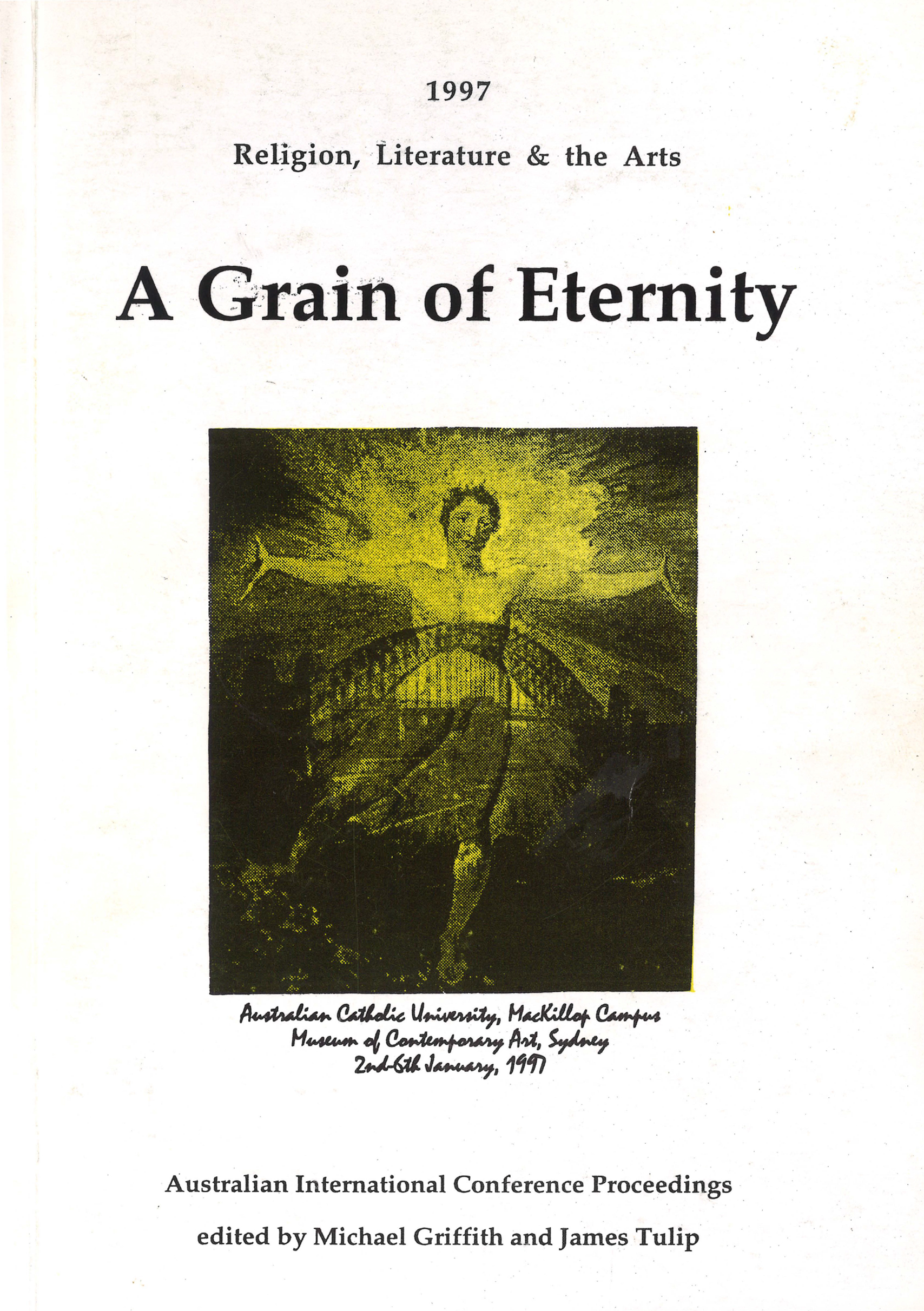Jerusalem
Abstract
You may wonder why we are talking about Jerusalem at a conference like this; it is such a political matter. We are going to hear a lot more about Jerusalem this year (1996) because in May it is going to appear on the agenda of the peace talks between Israel and the Palestinians; they left this very difficult issue to the end because everybody is aware that at this point the peace process could flounder completely. Jerusalem is so sacred to both the Jews and the Palestinian Muslims that neither side will make concessions about it. The Israelis say that it must be the eternal and invisible capital of the state of Israel. The Palestinians claim that East Jerusalem must be the capital of their state too. It is the third holiest site in the Islamic world and they will not relinquish it. It's not, however, just a question of rights and sovereignty. It would be very nice if we could simply get the issues sorted out on a purely pragmatic, rational basis, but Jerusalem is a bone of contention because it has achieved mythical status. It has become central to the imaginative landscape of Jews, Muslims and Christians, so it arouses strong passions. Myth touches deep emotions and reaches down to a profound level of being. It has power: people turn to myth when they want to assuage pain. Even Freud and Jung turned instinctively to classical myth when they wanted to chart their interior and scientific journeys. So it's hard for people to be objective about Jerusalem, and that is a bad omen for peace.Downloads
Published
2017-06-21
